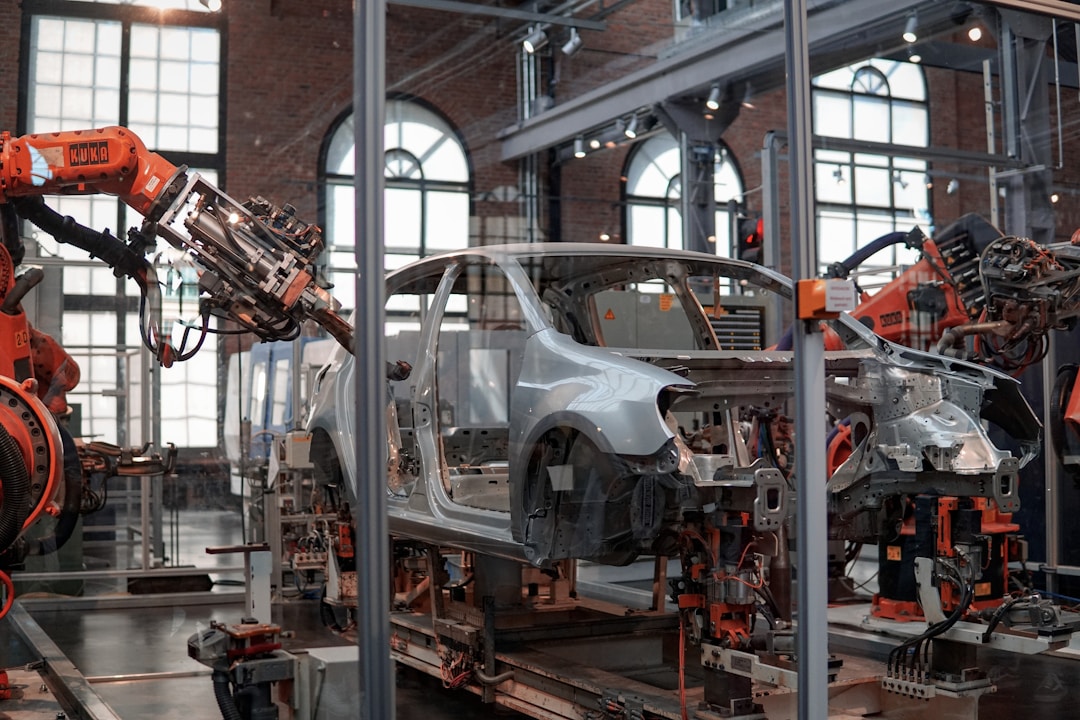Understanding Sustainable Practices in Specialty Vehicle Manufacturing
Sustainable practices in any industry involve operations that minimize environmental damage, promote efficient resource usage, and incorporate renewable materials. In specialty vehicle manufacturing, these can encompass a wide range of practices. These may involve the use of recycled materials, deployment of energy-efficient manufacturing processes, and minimization of waste production.
The principles of sustainable specialty vehicle manufacturing must consider both the products created and the process of their creation. As a result, many manufacturers are investing in research and development to create vehicles with a smaller environmental footprint.
Adopting sustainable practices also involves investment in employee training and the reconfiguration of business processes. The long-term benefits often outweigh the initial expenditure, with substantial improvements in efficiency and profitability.
Sustainability in specialty vehicle manufacturing goes beyond just production and extends to product lifecycle management. This involves considerations about vehicle disposal and recycling at the end of its lifespan.
The Impact of Sustainability on Specialty Vehicle Manufacturing
Many manufacturers are realizing that sustainable practices can significantly improve their competitive advantage. Some effects of sustainability on specialty vehicle manufacturing include improved efficiency, cost savings, better resource management, improved product innovation, reputation enhancement, and regulatory compliance.
Implementing more efficient and sustainable production methods can result in significant energy savings. Reducing energy usage reduces costs, thus improving the company’s bottom line. The use of renewable energy sources might further enhance cost efficiency.
Adopting sustainable practices can also lead to notable resource management improvements. For instance, utilizing recycled materials can reduce production costs and contribute to waste reduction. Innovative waste management strategies can turn waste into a resource, further improving efficiency.
Sustainable practices can also foster product diversification and innovation. New products developed with sustainability in mind can meet the increasing customer demand for environmentally friendly options. This can significantly boost the company’s reputation and market share.
Economic Benefits of Sustainable Practices in Specialty Vehicle Manufacturing

The economic benefits of sustainable practices in specialty vehicle manufacturing are noticeable and significant. This includes cost savings from efficient resource usage, increased market share due to product diversification, and regulatory compliance leading to avoidance of penalties.
Companies that invest in sustainable practices often find that they are more efficient in their use of resources. Energy-efficient processes and recycled materials can lead to substantial savings, improving financial performance. Moreover, waste reduction has both environmental and economic benefits when waste management costs decrease.
Many manufacturers have found that integrating sustainability into their processes can open new market opportunities. The growing consumer trend towards environmentally responsible products means that companies offering sustainable options often see an increase in market share.
Lastly, adhering to environmental regulations can save companies the expense of regulatory fines. In this sense, sustainable practices act as a safeguard against possible future regulation changes.
Environmental Effects of Sustainable Manufacturing in the Specialty Vehicle Industry
The environmental benefits of adopting sustainable practices in specialty vehicle manufacturing are substantial. These include energy conservation, waste reduction, reduced greenhouse gas emissions, and sustainable resource use.
One of the significant environmental impacts is energy conservation. Sustainable practices often involve the use of energy-efficient manufacturing methods, leading to lower energy consumption and reduced reliance on fossil fuels.
Waste reduction is another essential environmental benefit. Many sustainable practices involve minimal waste production, and some companies are even turning their waste into new resources.
Adopting sustainable practices can also lead to reduced greenhouse gas emissions. From energy-efficient manufacturing processes to the production of vehicles with lower carbon footprints, these changes can significantly impact climate change.
Lastly, the use of sustainable and recycled materials can lead to sustainable resource usage. This not only reduces the demand for new resources but also minimally impacts the environment.
Altogether, it is essential for specialty vehicle manufacturers to embrace sustainable practices. The potential economic and environmental benefits are substantial, and embracing sustainability can allow companies to remain competitive in a changing global landscape.

